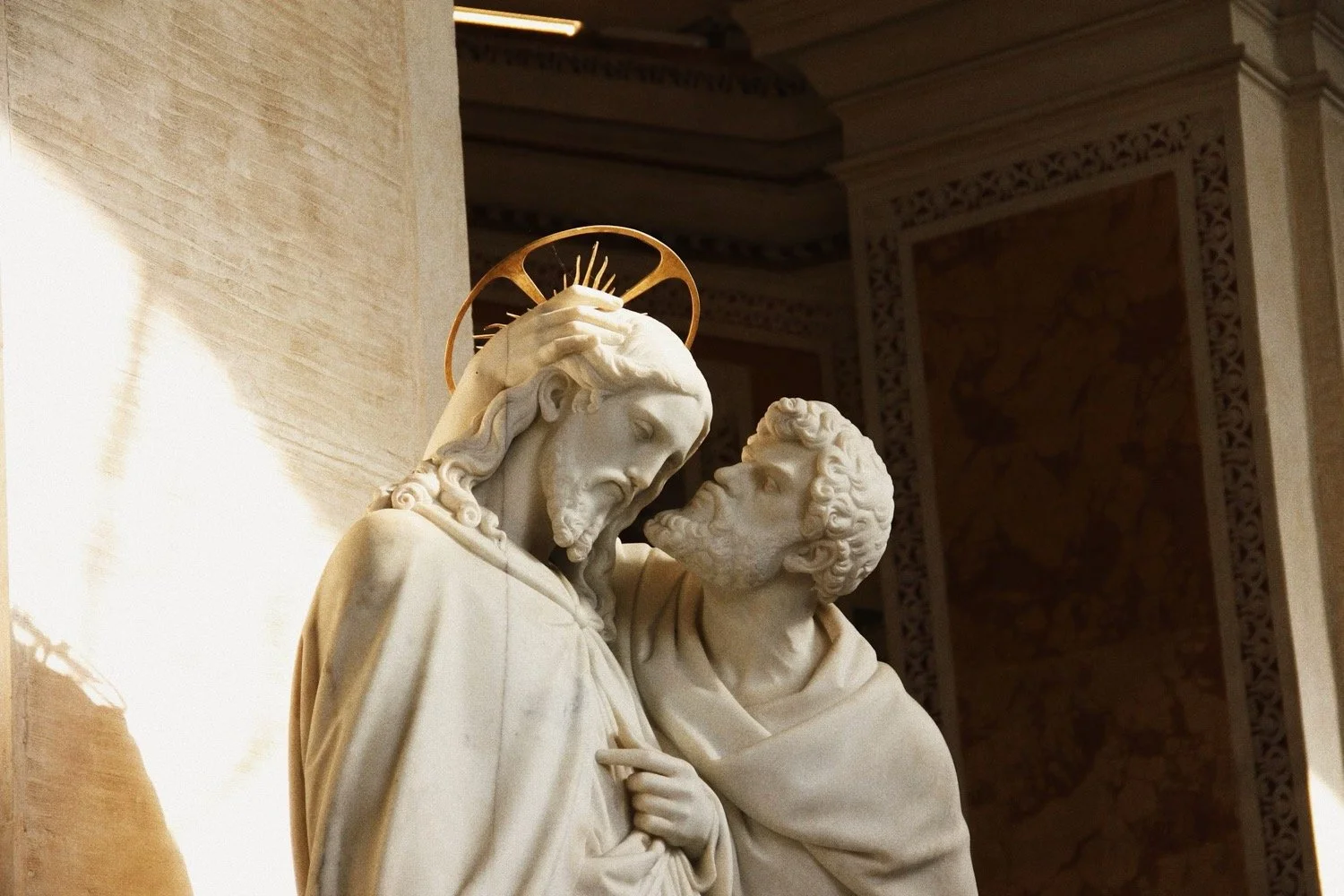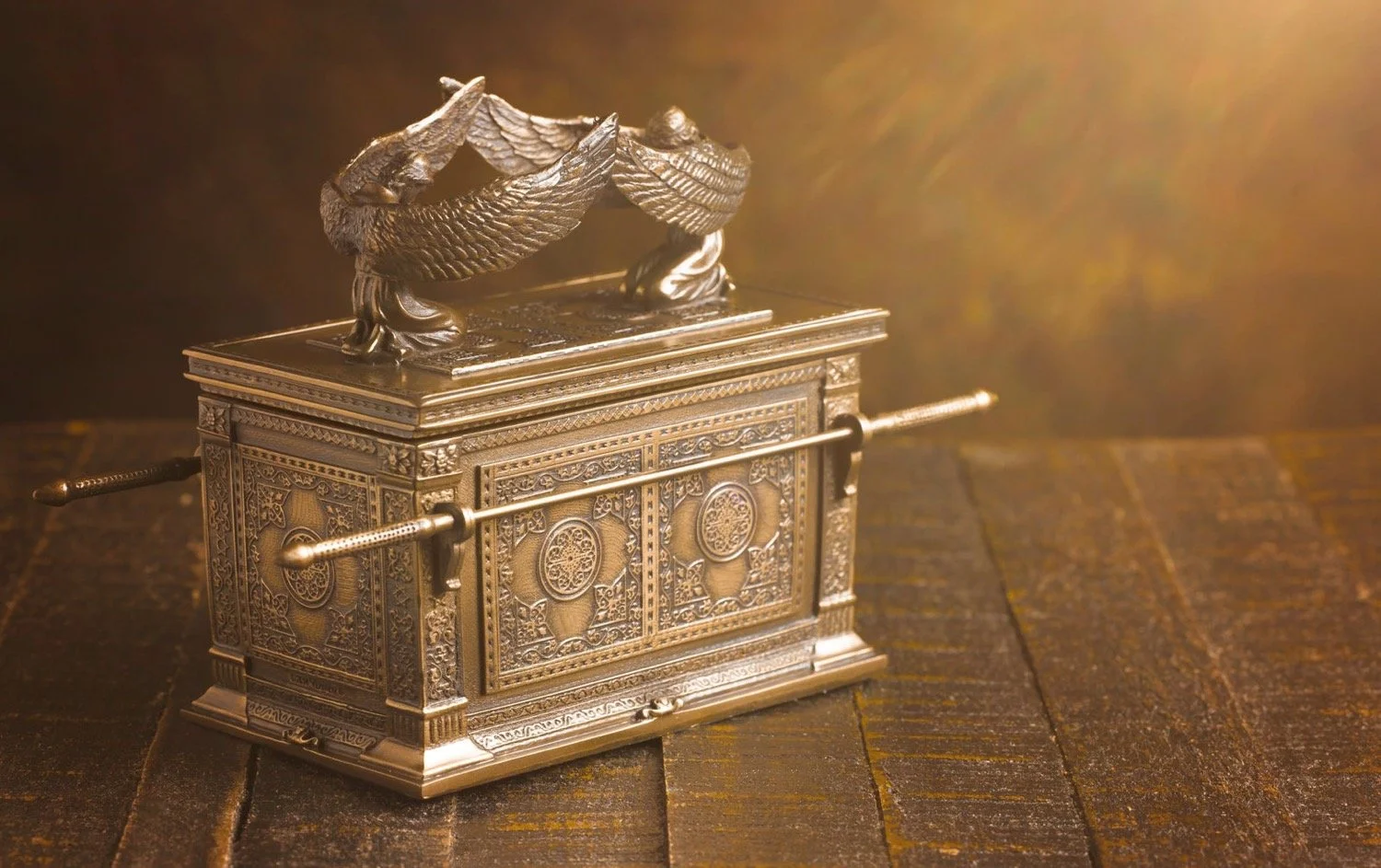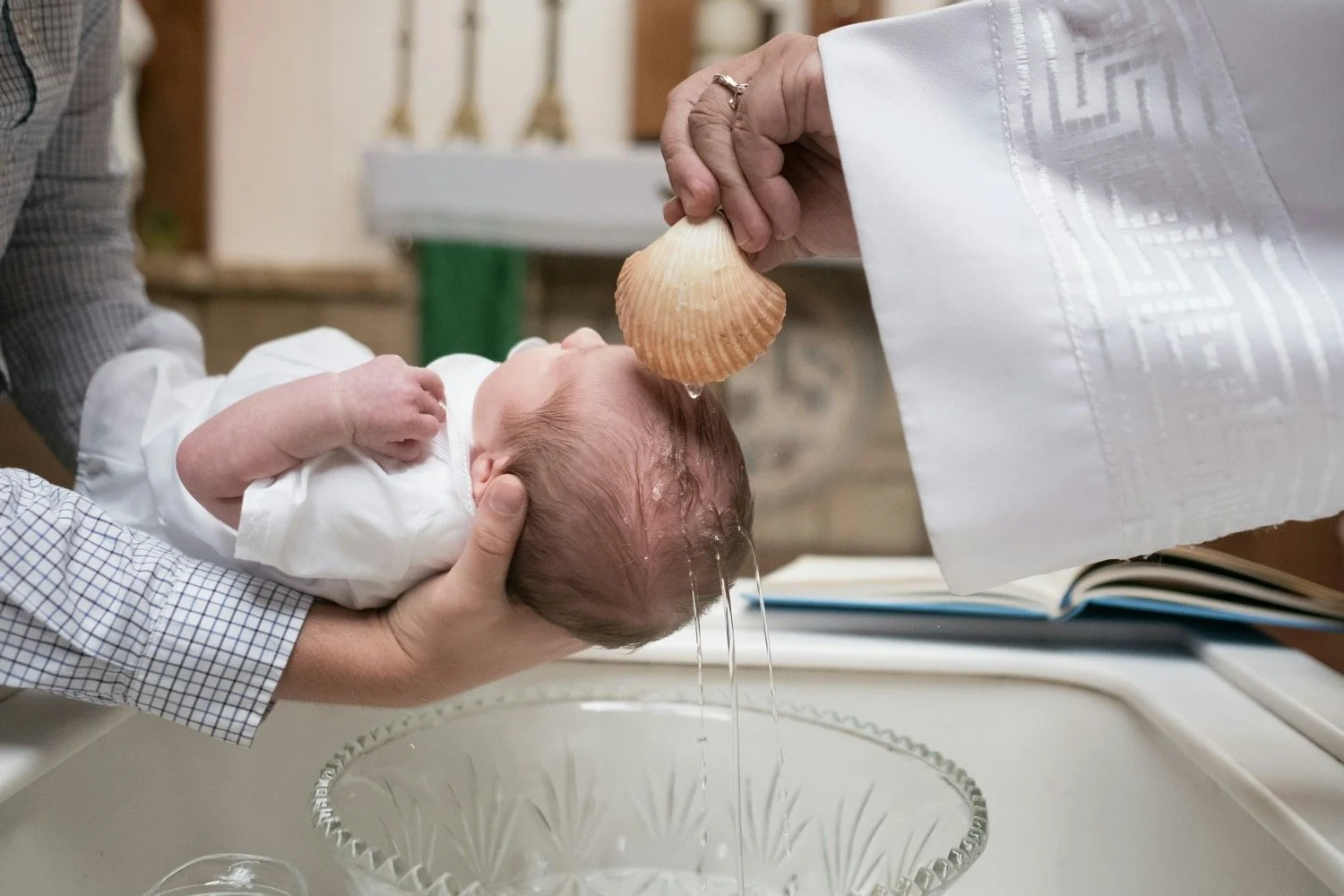Readings for today: Matthew 17-18, Psalms 89
It’s the million dollar question. I get it all the time. It gets asked in some form or fashion by lots of different people as they navigate relationships in life. How many times must I forgive? The world’s answer is clear. Not very many if any at all. The world tells us that when we are hurt, when we’ve been betrayed, when we’ve been attacked, when we are disappointed or let down to cut that person out of our lives. We are to end the relationship. It could be with an organization. It could be with a church. It could be a friendship. It could be a marriage. Forgiveness is not something we should offer that other party unless they earn it. We withhold forgiveness until they confess their sin against us and work hard to regain our trust. We demand restitution and reparation and only then will we consider extending the grace of forgiveness. Where has that gotten us as a society? Not very far. Relationships are broken and fractured in all sorts of ways. People feel more isolated than ever. Marriages don’t last very long. Families break up as kids split their time between households. Churches and other organizations are weakened as people leave at the first sign of disappointment.
Jesus offers us a different way. A much harder and more difficult way to be sure but one that promises so much more in terms of relational benefit. The way of Jesus recognizes that every single human being is a sinner. Every single human being is broken. Every single human being is imperfect and therefore prone to anger and impatience and vulnerable to hurt and disappointment. However, rather than encouraging people to cut and run, Jesus challenges us to remain connected through forgiveness. How many times must we forgive? This was the question the Apostle Peter asked him along the way. Probably because he was struggling to forgive his fellow disciples! Jesus response is legendary. Seventy times seven. In other words, as often as it takes. Why? Because that’s what God does for us.
So what is forgiveness? Is it the resolution of every feeling? Is it the end of all conflict? Does it give the other person a pass? Does it mean the person will never again sin against you? Is it fundamentally unjust? Does it mean we have to forget what they’ve done or pretend it didn’t happen? Not at all. Forgiveness is honest. It acknowledges the depth of the hurt. Forgiveness is courageous. It never forgets but is a conscious decision not to hold the hurt against the person. Forgiveness is just. It never denies the pain. Most of all, forgiveness sets us free. We are no longer bound by our hurt. No longer held back by our pain. No longer locked a cycle of bitterness or anger or frustration. And this is why Jesus calls His followers to forgive freely and often and as many times as it takes. He wants us to live in freedom. No longer held back by what’s happened in the past. No longer paralyzed by fear of what might happen in the future. This is what makes forgiveness so powerful.
Readings for tomorrow: Matthew 19-20, Psalms 90 (No devotionals on Sundays)




